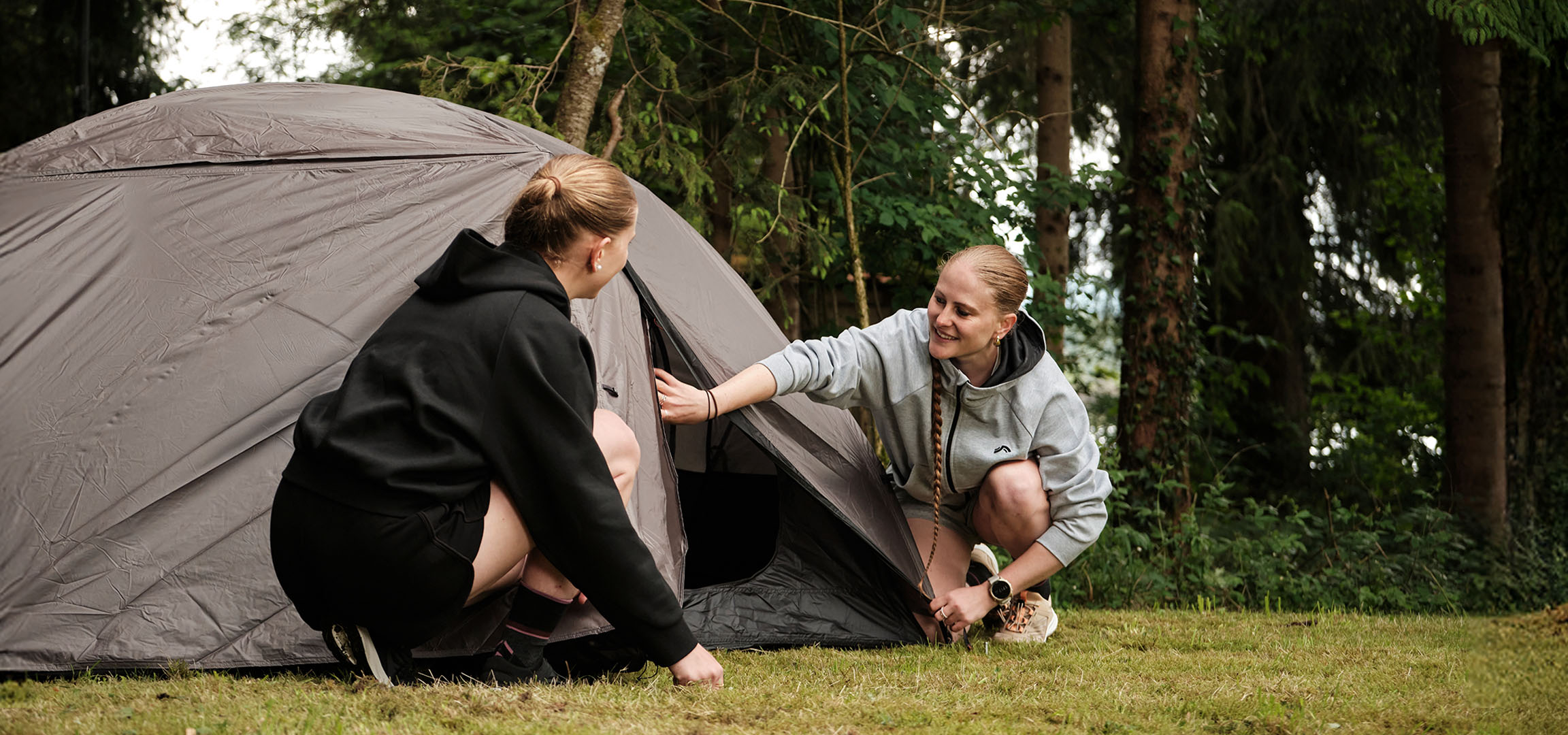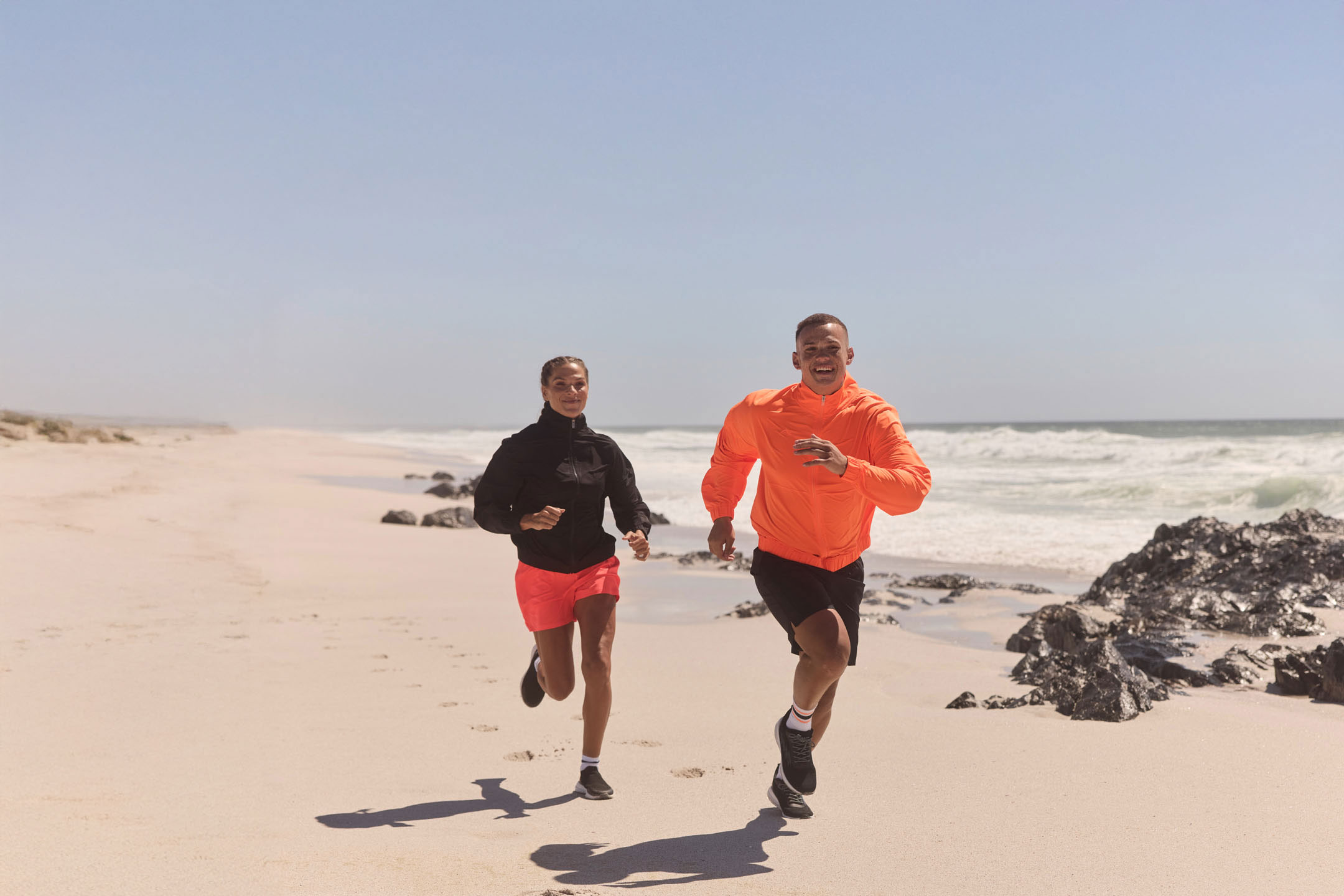Start Camping
A tent, a rucksack and the great outdoors - that sounds like pure freedom. A little preparation, the right equipment - and then there you have it: your little adventure. Find out how to prepare for a mini-adventure like this, what you should pack and how to find the perfect campsite here.
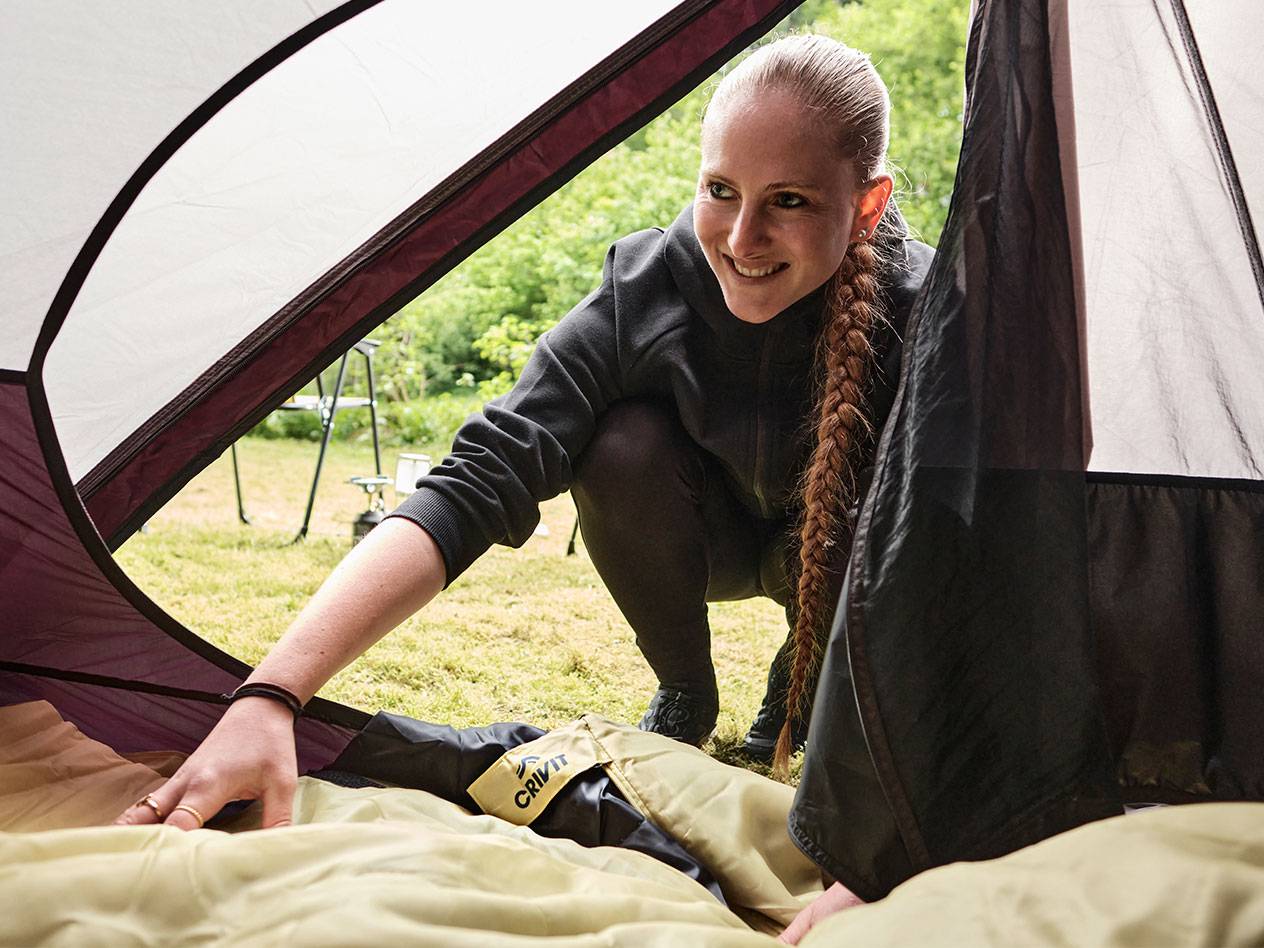
How to choose a tent?
Choosing the right tent is crucial as is the centrepiece of your outdoor adventure and offers you protection and shelter. There are different types - which one is right for you also depends on your needs. It also depends on how long you are travelling, how long you are staying in one place and how many people the tent can accommodate. A pop-up camping tent is a good option for one night on the mountain, a dome tent that also offers a sheltered vestibule is worthwhile if you are spending several nights and an XXL family tent can accommodate the whole family. Also think about how much luggage you have with you, as this should also be stored somewhere dry if you are staying for several days.
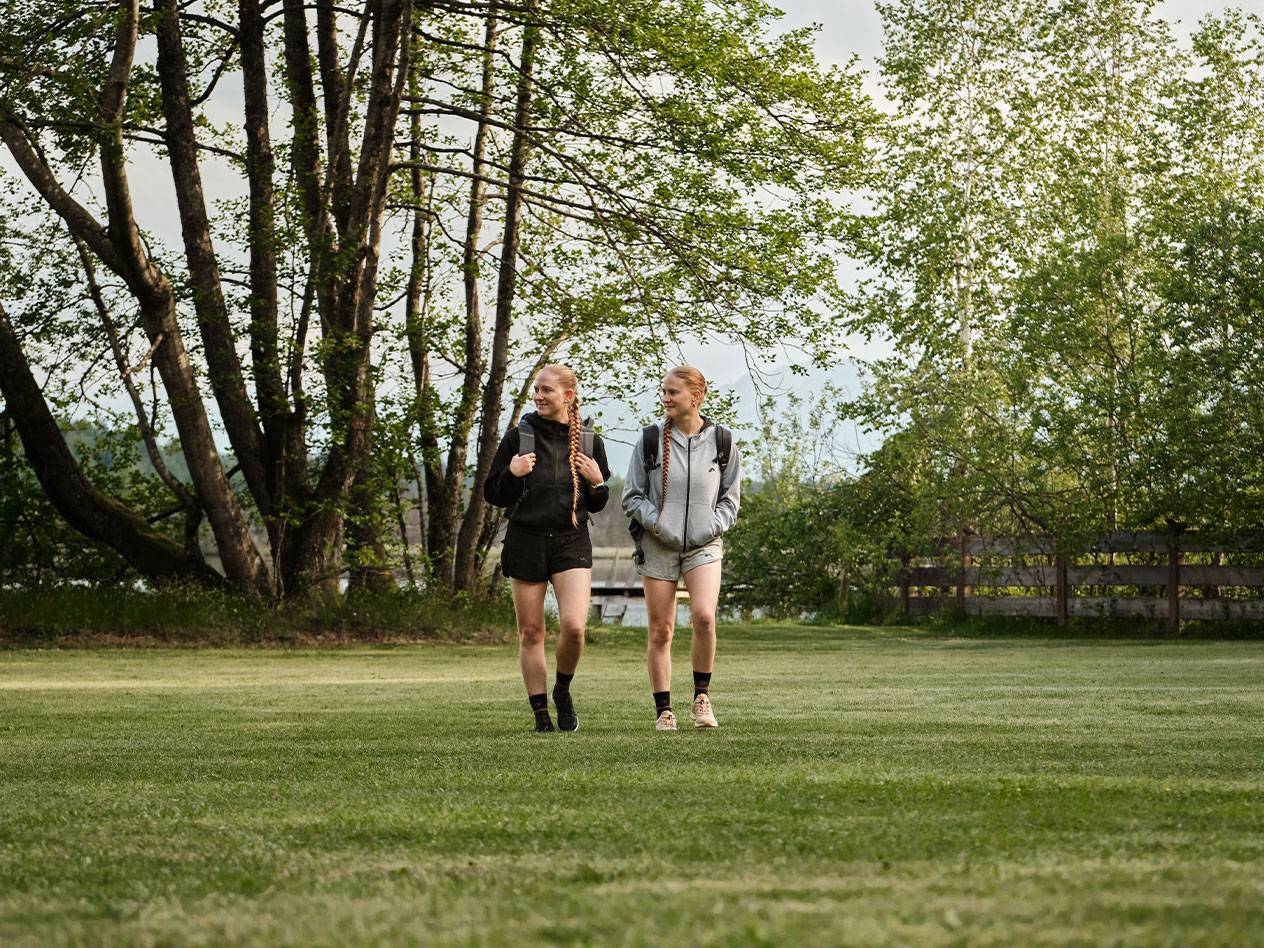
Where to camp?
If you want more comfort, you can gain your first experience in a tent on a campsite, where there will be toilets, showers, water and electricity. However, if you want to spend the night in the middle of nature, you should research wild camping sites.
Wild camping tips
- Flat terrain: Avoid slopes as rain water will collect.
- Wind protection: Trees, hedges or natural terrain offer protection.
- Pay attention to the sun position: Morning sun = dry tent fabric, but also earlier sun rise
- The ground: Not too soft, but not too hard either, otherwise hammering the pegs will be difficult. Grass or forest floor with a light mossy base is ideal.
- Distance from water: Even if it may be idyllic, there are usually more mosquitoes and temperatures can drop lower. Keep about 60 to 100 metres away.
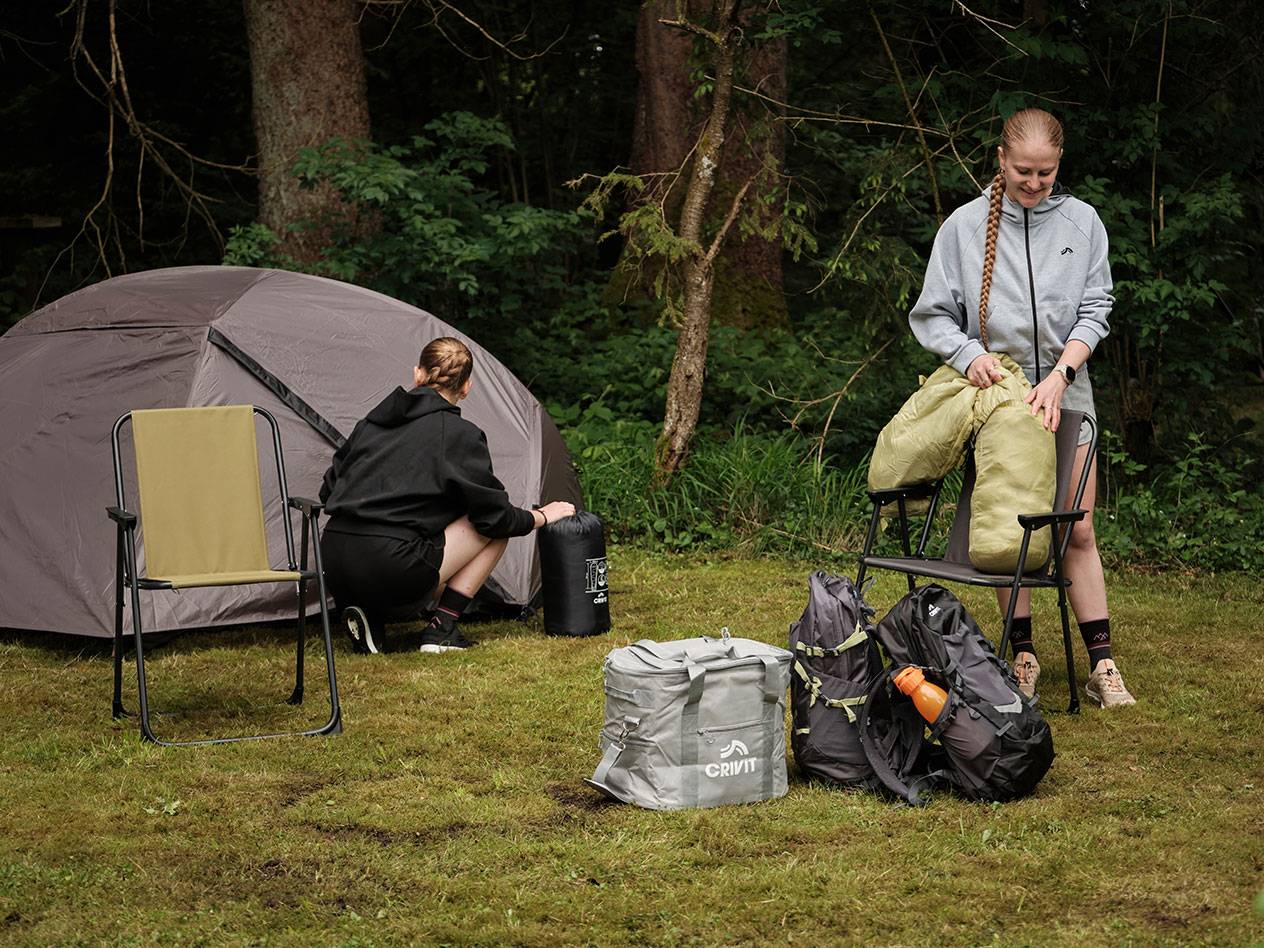
What equipement to bring?
When camping, it's not just the tent that's crucial, there are essential camping accessories that are important to bring.
- Sleeping mat and sleeping bag: The sleeping mat keeps out moisture and cold from below, the sleeping bag will keep you warm at night.
- Gas cooker: A gas cooker is simple and reliable and will help with hot drinks and food.
- Torch
- Lighter
- Camping chair: Lightweight, compact and will keep you comfortable.
- First aid kit:
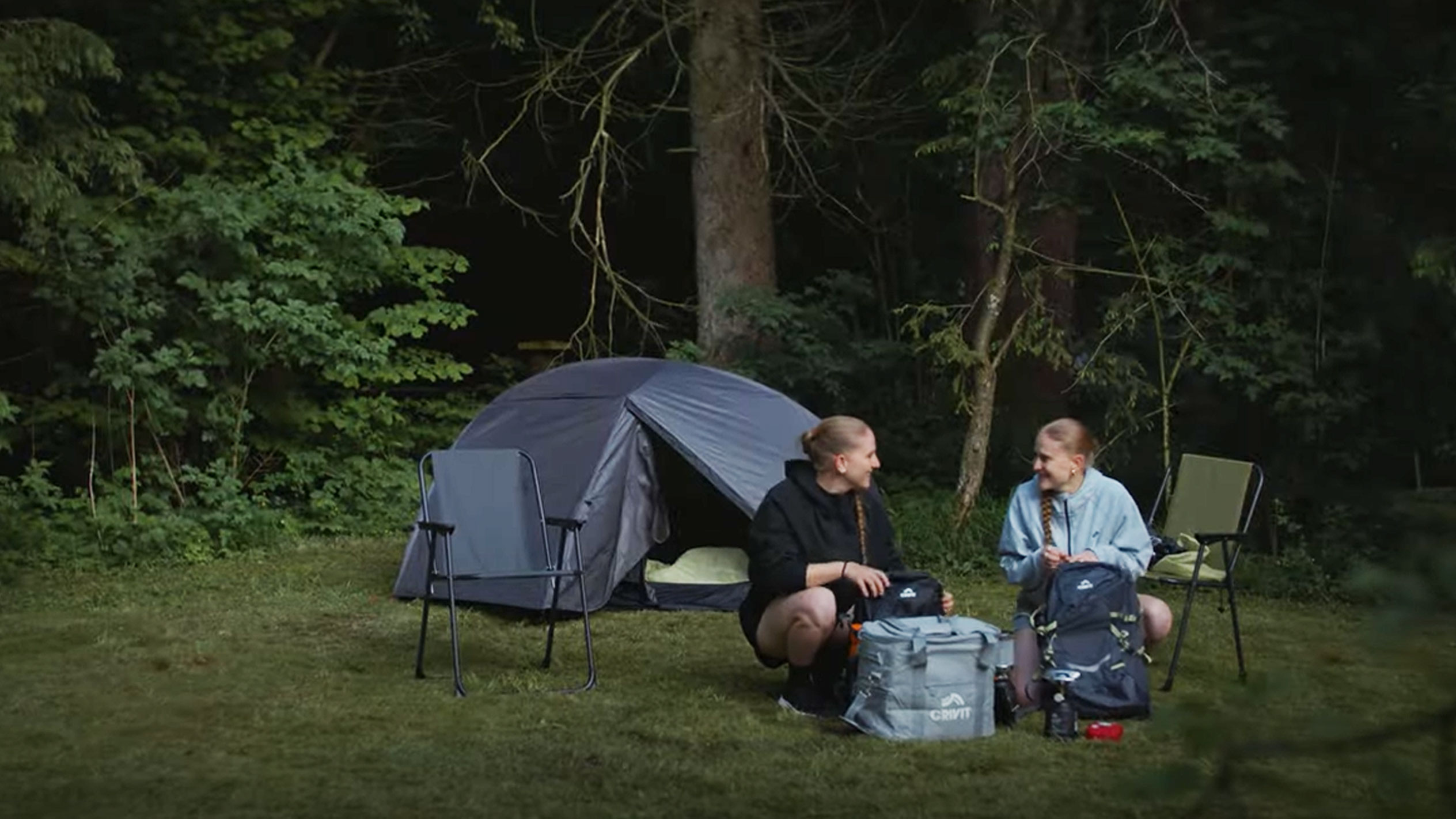
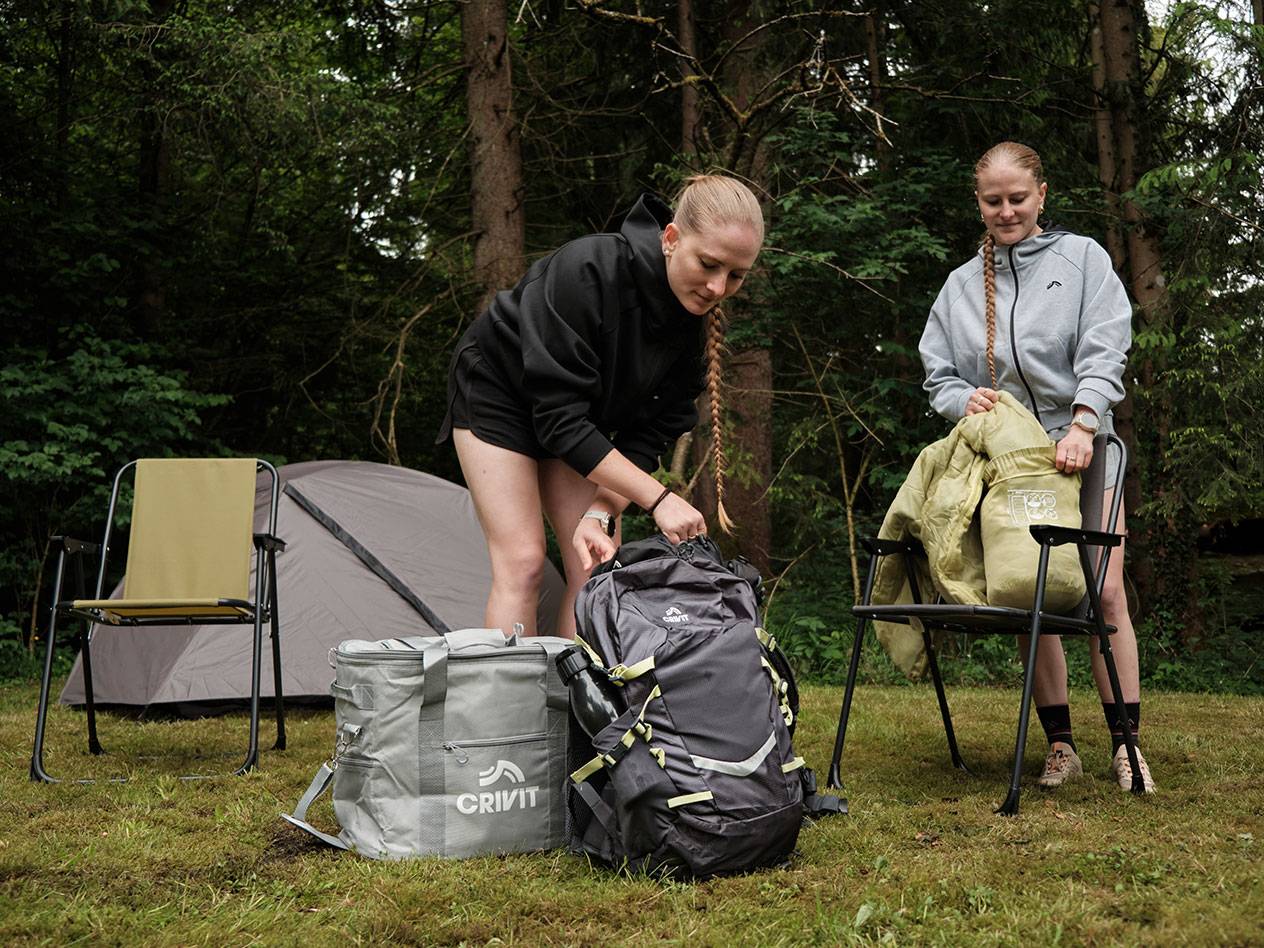
Choosing a campsite
Researching a campsite that meets your needs is important, look for what type of parking they offer and the distance from the beach or local attractions.Some campsites offer a wide range of activities such as swimming pools, children's playgrounds or an on-site shop.
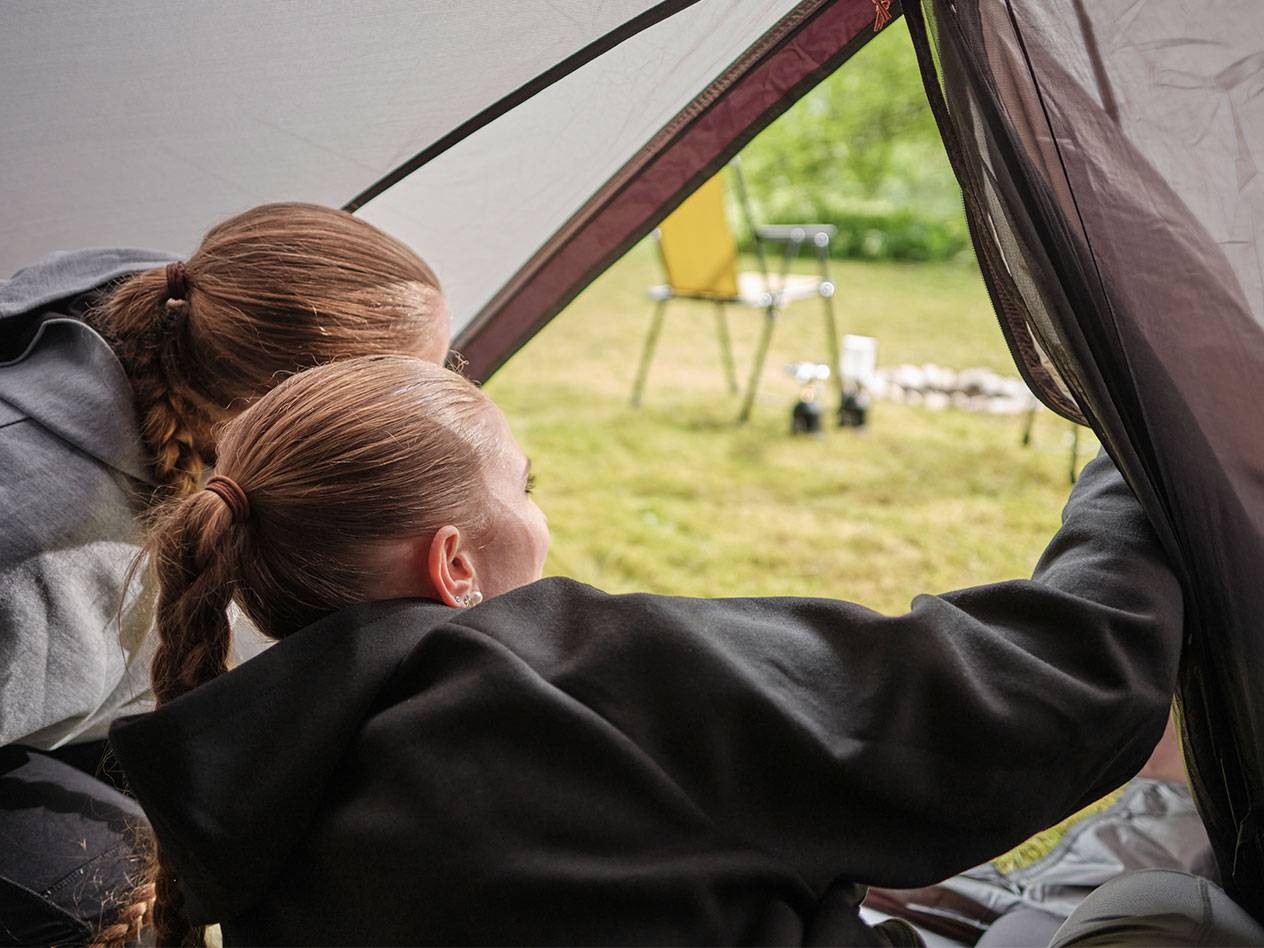
What to pack?
Before you set off, make a list of all your essentials.
- Tent with pegs
- Sleeping mat
- Sleeping bag
- Camping pillow
- Gas cooker
- Firelighter
- Some camping cookware
- Camping cutlery and utensils - such as wooden spoons
- Bin bag
- Kitchen roll
- Pocket knife, can opener, bottle opener.
- Water and food
- First aid kit with disinfectant
- Plasters and blister plasters
- Insect repellent
- Head torch
- Seat pad / camping chair
Frequently asked questions
The rules on wild camping vary greatly across the country, so its necessary to check the local rules and regulations.
Pitch your tent in a sheltered position away from the wind and use a tarpaulin as an additional cover.
